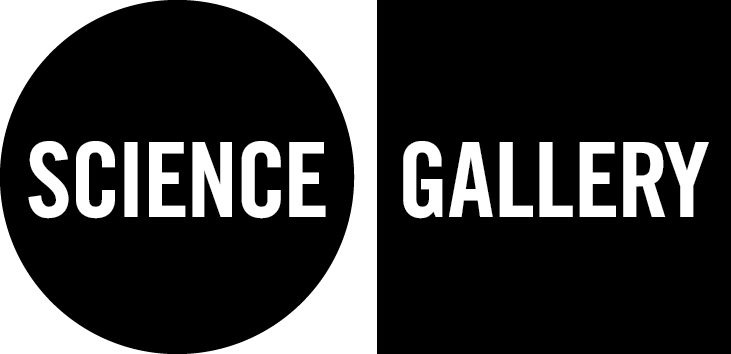AI, ETHICS AND HEALTH
Science Gallery London is inviting expressions of interest for projects to become part of the forthcoming AI & Ethics season. Whether your application is art, scientific inquiry, or a combination of these, we are looking to work with individuals and groups who are critically exploring ethical issues around the development and implementation of artificial intelligence (AI), particularly (though not exclusively) within the context of healthcare.
As AI makes its way into our lives in the form of chatbots, virtual assistants, ‘smart’ appliances, software and intelligent infrastructures that promise to transform how we live and work, concerns about data privacy, implicit bias, transparency, and the limits of computational systems become ever more urgent to address. Within healthcare, these questions take on even greater importance – people’s lives and well-being are at stake. Can the tech industry’s mantra to “move fast and break things” be reconciled with medicine’s mandate to “do no harm”?
AI promises to simplify our lives, increase efficiency, and reveal new insights. Its ability to synthesize vast troves of data and automate processes could support doctors in analysis and diagnosis, allow for more personalized care, and provide access to medical expertise in remote areas. But technology bears the values of its creators and computational systems inevitably change our ways of life and ourselves. How much room for error are we comfortable with? How do we know we can trust these systems? Who decides what to optimize for and who benefits? How do these technologies reflect, warp and transform our understandings of bodies? And how do we negotiate complex ethical dilemmas that may not have a binary solution?
We’re interested in proposals for both existing and new artworks, writing, workshops, music and performance nights, film screenings and discussions that critically and experimentally engage with some of the following themes (not limited to):
Safety and trust in building and working with AI systems – what do we mean by trust in AI? Can we trust too much or not enough?
Identity and exclusion: who is or isn’t in the dataset, what is the AI blind to? How does categorising people and health conditions marginalise or strengthen communities?
Bias in decision-making: old human prejudices and new artefacts and quirks in the tech
Transparency and explainability of AI systems
Privacy and surveillance
Can machines care? Does management by machines change how humans care? Will this change human-human and human-machine relationships?
How does technology change the way we see, understand and manage our bodies?
Who has agency and accountability in machine-assisted decision-making?
The tension between patient empowerment vs. individual responsibility for well-being
Artificial Intelligence vs. Augmented Intelligence (Automation vs. Collaboration)
Critical explorations of AI techniques including: Machine learning, symbolic AI, computer vision, natural language processing, robotics, neuromorphic computing, chatbots, and human-centered computing
For this season we are especially keen to hear from those working locally to Southwark and Lambeth, community and youth groups and those within our 15-25 year old target audience.
Some of the most powerful work is made by people whose voices are less present in the mainstream. We recognise the need to reflect our diverse society – made up of a range of cultures, backgrounds and perspectives. We welcome applications from people underrepresented in science and the arts, Black, Asian, ethnic minority and communities of colour, differently abled people, the LGBTQ+ community, gender non-conforming people and people from a range of socio-economic and educational backgrounds.
If you are a scientist or researcher working in the field of AI, ethics and healthcare who is interested in collaborating with Science Gallery London please feel free to contact us here.
Curatorial team
The Curator for the season is Julia Kaganskiy working with Jennifer Wong, John O’Shea and the Programming team at Science Gallery London
Season Advisors
Elizabeth Black, Senior Lecturer in Computer Science, Department of Informatics, King’s College London
Christine Aicardi, Senior Research Fellow, Global Health and Social Medicine, King’s College London
Kate Devlin, Senior Lecturer in Social and Cultural Artificial Intelligence, Digital Humanities Department, King's College London
Lydia Nicholas, Health & Care Innovation Consultant, co-author ‘Confronting Dr Robot’ and ‘Better Care Systems
Budget and Fees
Science Gallery London welcomes submissions for existing artworks, films, performances, etc. as well as projects which are still at a research and development stage.
Selected candidates will be granted an appropriate fee and production costs for the realisation of their project.
Science Gallery London will cover all normal costs associated with exhibition-making.
Whenever possible, we would like for candidates to be present at the launch of the season in November 2020.
Check out our tips on what makes a good open call submission here.
For further information about the Science Gallery London building and gallery space please see here



